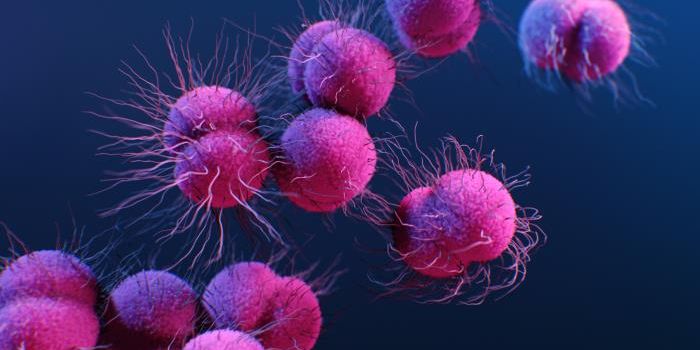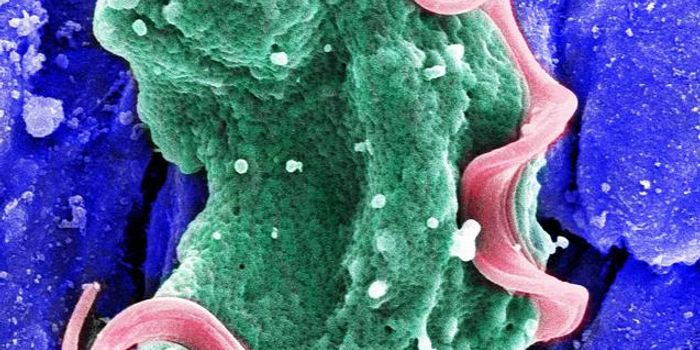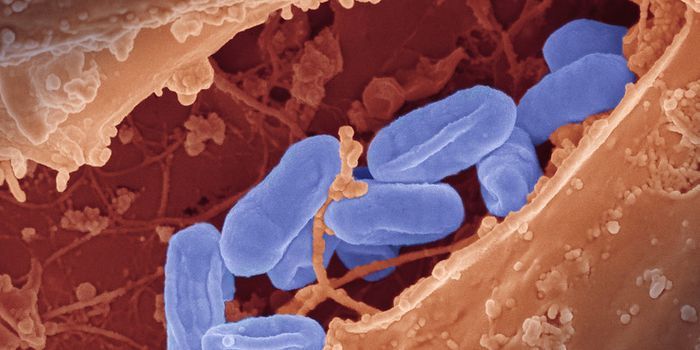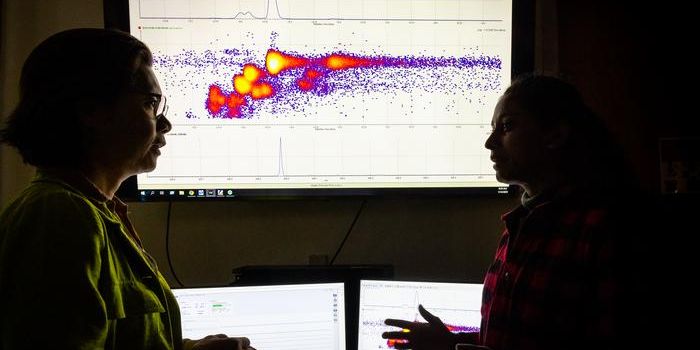Is the Gut Microbiome - Autism Link Due to Diet?
Research has shown that the gut microbiome, which consists of trillions of bacteria, fungi, viruses, and other microorganisms, has a significant impact on human health and disease. Researchers have found associations between the microbiome and a huge variety of disorders, like diabetes, fibromyalgia, anxiety, and colorectal cancer, for some examples. Bacteria that live in the gut even seem to affect the brain in various ways. Scientists have found that the gut microbiomes of individuals who have been diagnosed with autism spectrum disorder have unique signatures. Some research has even suggested that the gut microbiome could be a way to diagnose autism.
But a new study published in Cell Reports has indicated that the autism-associated differences that have been observed in the gut microbiome may not have anything to do with the development or persistence of the disease; the changes may only arise because people with autism are picky eaters, and the constraints they place on their diet is changing their microbiomes in a particular way.
In this work, the researchers obtained fecal samples, a standard method for assessing the gut microbiome, from several groups of children. The cohorts included 99 kids with ASD and 51 of their siblings who had not been diagnosed with ASD, as well as 97 undiagnosed children who were not related to the others. By including relatives, the researchers were able to gain some added perspective.
"The microbiome is strongly affected by the environment, which is why we designed our study with two comparison groups," explained first study author Chloe Yap, an MD/PhD student who works with senior study author Jacob Gratten of the University of Queensland.
The researchers assessed the composition of the kids' microbiomes with metagenomic tools that sequenced the entirety of the bacterial genomes, and the team accounted for diet and sex in their comparison. They did not find much evidence for a direct link between the microbiome and ASD. But the work did indicate that ASD was highly correlated with an individual's diet, and that diets that were of lower quality and less diverse were associated with an autism diagnosis. Autistic traits (not just ASD diagnosis) were also linked to a diet lower in diverse foods.
"Taken together, the data support a strikingly simple and intuitive model, whereby autism-related traits promote restricted dietary preferences," Yap explained. "This in turn leads to lower microbiome diversity and more diarrhea-like stool."
The researchers acknowledged that the microbiome may have been contributing to the development of ASD in these individuals before they'd been diagnosed. Changes in the microbiome that happen because of diet may still be influencing ASD in a kind of feedback loop as well.
The study authors also added that in future research, scientists should gather as much metadata on the study volunteers as they can, including information about what participants eat. The work also highlighted the importance of ensuring that individuals with ASD get a good diet and proper nutrition, noted Gratten. They are planning more research to confirm this study.
Sources: Cell Press, Cell Reports









